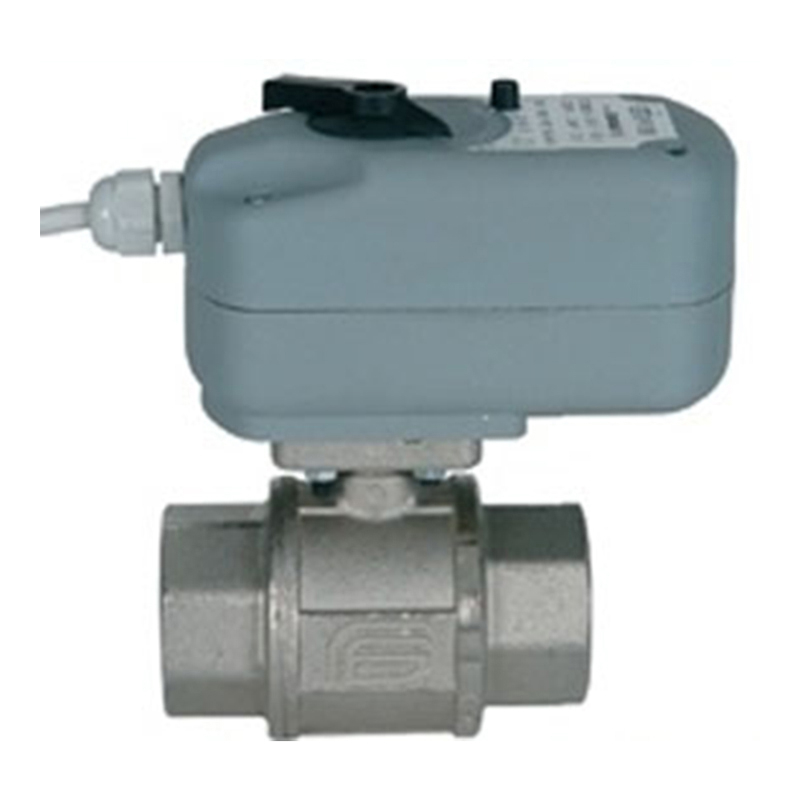Escape To The Country: A Realistic Look At Rural Living

Table of Contents
The Allure of Rural Life: Pros of Country Living
The romantic ideal of country living often focuses on its inherent peace and quiet, a strong sense of community, and the potential for greater affordability. Let's examine these advantages in more detail.
Peace and Quiet: Finding Serenity in Nature
One of the most significant draws of rural life is the peace and quiet. Leaving behind the constant noise and crowds of the city offers significant benefits for mental well-being:
- Reduced noise pollution: Enjoy lower stress levels and improved sleep quality due to significantly reduced noise pollution.
- Abundant outdoor recreation: Embrace a more active lifestyle with easy access to hiking trails, fishing spots, and ample space for gardening and outdoor pursuits. Think weekends spent exploring nature, not navigating traffic jams.
- Slower pace of life: The slower pace of rural life allows for relaxation and stress reduction, fostering a greater sense of calm and well-being. This contributes to a healthier work-life balance, often missing in city life.
Stronger Sense of Community: Building Connections in the Countryside
Rural communities often boast a stronger sense of community than their urban counterparts. This close-knit atmosphere offers numerous advantages:
- Increased social interaction: Get to know your neighbors and build genuine relationships based on mutual support and shared experiences.
- Active community involvement: Participate in local events, festivals, and volunteer opportunities, fostering a sense of belonging and contributing to your new community.
- Greater sense of belonging: Experience a heightened feeling of connection to your surroundings and a deeper understanding of your local environment.
Affordability (Potentially): Finding Value in Rural Real Estate
While property prices vary greatly depending on location, rural areas can sometimes offer more affordable housing options than cities:
- Larger properties for less: Obtain a larger property, often with more land, for a comparable or even lower price than a smaller urban dwelling.
- Lower property taxes (in some areas): Depending on the region, property taxes in rural areas can be significantly lower than in urban centers.
- Commuting costs: However, remember to factor in potentially higher commuting costs if your job is located in a city. This needs careful consideration when comparing overall affordability.
The Challenges of Rural Living: Cons to Consider
While the idyllic image of rural life is appealing, it's crucial to acknowledge the challenges that come with it. These can significantly impact your lifestyle and require careful consideration.
Limited Amenities and Services: The Rural Trade-Off
Access to essential amenities and services is often reduced in rural areas, impacting daily life:
- Longer commutes: Be prepared for longer commutes to access healthcare, education, shopping centers, and other essential services.
- Fewer employment opportunities: Job markets in rural areas can be more limited compared to urban centers, requiring careful consideration of career prospects.
- Limited specialized medical care: Access to specialized medical care may be more challenging, potentially requiring longer travel times or reliance on telehealth services.
Isolation and Loneliness: The Importance of Community Engagement
The distance from family and friends, coupled with a smaller social circle, can lead to feelings of isolation and loneliness:
- Maintaining social connections: Actively maintain your relationships with friends and family who live elsewhere, utilizing technology and regular visits.
- Combating loneliness: Proactively seek opportunities to connect with your new community. Attend local events and join clubs to build social networks.
- Building new relationships: Put yourself out there! Make an effort to get to know your neighbors and participate in local community initiatives.
Infrastructure and Technology: Navigating Rural Connectivity
Rural areas may have less reliable infrastructure and technology compared to urban settings:
- Internet access: High-speed internet access can be patchy or unavailable in some rural areas, impacting remote work and online connectivity.
- Public transport: Public transportation options are frequently limited, requiring reliance on personal vehicles for most travel.
- Power outages: Power outages due to weather or other factors are more common in rural areas.
Making the Transition: Practical Considerations for Your Country Escape
Planning your "Escape to the Country" requires careful consideration of several practical aspects to ensure a smooth and successful transition.
Financial Planning: Budgeting for Rural Living
Moving to the countryside involves significant financial implications that require thorough planning:
- Property costs: Factor in the purchase price, property taxes, maintenance, and potential renovation costs.
- Commuting costs: Calculate commuting costs, including fuel, tolls, and vehicle maintenance, especially if your job is located in a city.
- Insurance premiums: Home insurance premiums may be higher in rural areas due to factors such as increased risk of fire or weather-related damage.
Employment and Income: Securing Your Financial Future
Securing employment is crucial before or soon after moving to a rural area. Consider these options:
- Local job market research: Thoroughly research the job market in your chosen location to identify potential employment opportunities.
- Remote work: Explore remote work options to maintain a city-based income while living in the countryside.
- Rural entrepreneurship: Consider starting a home-based business catering to local needs in the rural community.
Community Engagement: Building Your New Life
Actively engaging with the local community is vital for feeling integrated and building a supportive social network:
- Attend local events: Attend community events, farmers' markets, and local gatherings to meet new people.
- Volunteer: Volunteer for local organizations to contribute to your community and build relationships.
- Get to know your neighbors: Take the initiative to meet your neighbors, attend neighborhood events, and participate in local activities.
Conclusion: Your Successful Escape to the Country
Escaping to the country offers a unique lifestyle with many rewards, but it's crucial to approach it with realistic expectations. Weighing the pros and cons, carefully planning your finances, and engaging with the community are vital steps in making a successful transition to your "Escape to the Country." Before you pack your bags, thoroughly research your chosen location and understand the lifestyle changes involved. Don't hesitate to explore different rural areas to find the perfect fit for your "Escape to the Country" dreams. Your perfect escape awaits!

Featured Posts
-
 Myrtle Beach Fights Back Against Unsafe Beach Claim
May 25, 2025
Myrtle Beach Fights Back Against Unsafe Beach Claim
May 25, 2025 -
 Ritka Kincs F1 Motorral Felszerelt Porsche
May 25, 2025
Ritka Kincs F1 Motorral Felszerelt Porsche
May 25, 2025 -
 Porsche 356 Zuffenhausen Sejarah Produksi Dan Warisan Jerman
May 25, 2025
Porsche 356 Zuffenhausen Sejarah Produksi Dan Warisan Jerman
May 25, 2025 -
 George Russells Decisive Move Overcoming A Critical Mercedes Weakness
May 25, 2025
George Russells Decisive Move Overcoming A Critical Mercedes Weakness
May 25, 2025 -
 Ecb Faiz Indirimi Avrupa Borsalari Nasil Etkilendi
May 25, 2025
Ecb Faiz Indirimi Avrupa Borsalari Nasil Etkilendi
May 25, 2025
